
Travis Lavenski is a student at Harvard Law School.
Starbucks workers, whom the company calls “partners,” are fighting for a union in Buffalo. Citing longstanding problems such as “chronic understaffing, lack of seniority pay and communication problems,” Buffalo-area workers formed SB Workers United, an organizing committee with the goal of unionizing Starbucks stores. This past August, 50 workers signed on to a letter to Starbucks CEO Kevin Johnson and made their mission clear: “We believe there can be no true partnership without power-sharing and accountability… [w]e are forming a union to bring out the best in all of us.” Starbucks, who added $659 million in profits last quarter, has more than 8,000 US locations, none of which are unionized. Workers at three stores are scheduled to vote by mail between November 10 and December 8. The National Labor Relations Board (NLRB) will tally the votes on December 9.
Buffalo is a prototypical deindustrialized American city. Once populous and wealthy, Buffalo now has less than half of its 1950’s population and ranks as the third poorest city in the country. But Buffalo is still a union town, and the Starbucks union push comes at a time when these labor roots are showing. Most notably, workers at Buffalo-based coffee chain SPoT Coffee recently voted overwhelmingly to unionize, lending momentum to the Starbucks campaign. SB Workers United drew explicitly from SPoT’s campaign and “contacted the organizers who worked with SPoT Coffee” to get the Starbucks campaign off the ground.
There’s reason to think this vote could be different, but Starbucks has shown it will not go down without a fight. Instead of respecting SB Workers United’s demand that Starbucks CEO Kevin Johnson sign “noninterference principles,” Starbucks has launched an all-out union-busting scheme designed to crush the campaign.
Starbucks: Progressive Sheen, Grimy Underbelly
Starbucks has portrayed itself as a progressive champion, stressing their culture of inclusion, and making public statements in support of Black Lives Matter, the LGBTQ+ community, and voting rights. Despite Starbucks’ apparent focus on social justice, their response to unionization efforts has been far less progressive. Starbucks consistently claims their strong sense of community between corporate and partners is the reason to not support unionization at their stores. A company spokesperson responded to the Buffalo union drive by declaring that the “work environment, coupled with our outstanding compensation and benefits, makes unions unnecessary at Starbucks.” Instead of letting their partners freely choose whether is union is unnecessary, Starbucks geared up for battle by hiring Littler Mendelson, a notorious union-busting law firm, to assist them in destroying the union drive in Buffalo.
Starbucks’ historically aggressive anti-union tactics have allowed it to stave off previous unionization attempts. In the 1980’s when some of the first Starbucks stores were unionized, Starbucks was accused of “not negotiating [for a new contract] in good faith.” Then CEO Howard Schultz supported a union decertification campaign, which succeeded quickly. In 2004, Starbucks workers in several cities across the US attempted to form unions with the Industrial Workers of the World (IWW). Starbucks responded by allegedly “threaten[ing] employees who expressed interest in the union, and spied on and interrogated employees about union activity.” Starbucks settled several complaints with the NLRB over retaliation against IWW union supporters, including charges that they illegally terminated multiple employees for their union support. This summer, an Administrative Law Judge ruled that Starbucks illegally terminated two workers in Philadelphia who were attempting to form a union in 2019. In 2020, a worker in Orlando alleged he and another were fired for attempting to organize a union. The company’s response to the current drive is a continuation of this pattern: by creating an environment of fear and coercion, attempting to placate workers with promises to listen more closely and pay better wages, and overpowering organizers with anti-union rhetoric, the company hopes to remain union-free.
Soon after announcing the union drive in Buffalo, two stores where workers filed for a union election were shut down: one for “remodeling,” and another to be converted to a “training center.” No definite timeline was given for how long the stores would be closed, and Starbucks ignored worker requests to indicate when reopening might occur for well over a month. The company only responded with a definite reopening date after major media outlets such as Vice and the New York Times reported on the issue. Upper-level executives from Starbucks have flooded Buffalo to monitor employees, speak with them about their stores, and help clean and make drinks. Notably, Rossann Williams, President of Starbucks North America, has “been spending long hours in Buffalo stores” and “questioning workers about their union support.” Moreover, Starbucks has been holding daily mandatory captive audience meetings where workers are forced to listen to anti-union propaganda, and paid listening sessions have “amount[ed] to ‘thinly veiled’ attempts to ‘sow anti-union rhetoric.’”
More Perfect Union collected pictures of slides from these meetings, exposing claims that the union would “control” partners and even insinuating that union supporters could go to jail. The company flew in former CEO Howard Schultz to speak with workers about Starbucks’ “history of doing right by its employees.” Schultz recounted a story a Rabbi told him while on a trip to Israel about how Jewish prisoners during the Holocaust shared blankets with other prisoners who were not given one. Strangely, Schultz seemed to find this story analogous to Starbucks’ relationship with its partners. “So much of that story is threaded into what we’ve tried to do at Starbucks — is share our blanket.” Schultz did not provide an answer when asked why the company has not signed the noninterference principles. This onslaught of corporate presence has led to an oppressive environment where partners have felt intimidated, threatened and surveilled. In response, SB Workers United filed a complaint with the NLRB on November 4th, which the NLRB has not yet ruled on. And in an apparent retaliatory response, the company has terminated Brittany Harrison, a manager of an Starbucks café in Arizona, after she gave testimony in front of the NLRB supporting SB Workers United’s unfair labor practices charge. Harrison exposed her District Manager after for bragging about being sent to Buffalo to “defeat the union effort.”
On top of these intimidation techniques, Starbucks has relied on procedural tactics to try to stop the drive. In September, Starbucks asked the NLRB to hold a single vote with all 20 Starbucks stores in Buffalo instead of allowing the stores who filed for unionization to vote individually. After the NLRB rejected Starbucks’ request, the company filed for a motion to stay the upcoming election in an attempt to stall the campaign. When that did not work, the company sent multiple emails and text messages directing workers to “vote no.”
Despite ardent opposition from Starbucks, indications are that this effort might be the start of a broader unionization effort among Starbucks workers. On November 9, three more stores in Buffalo filed with the NLRB for a union vote. Partners at the store in Arizona where Harrison worked filed for a union election the day after her termination. And committee members in Buffalo indicate they have received interest in forming a union from workers “around the country.” If workers win in Buffalo, we could see a chain-reaction of other Starbucks stores forming their own unions. The first domino could fall this December.
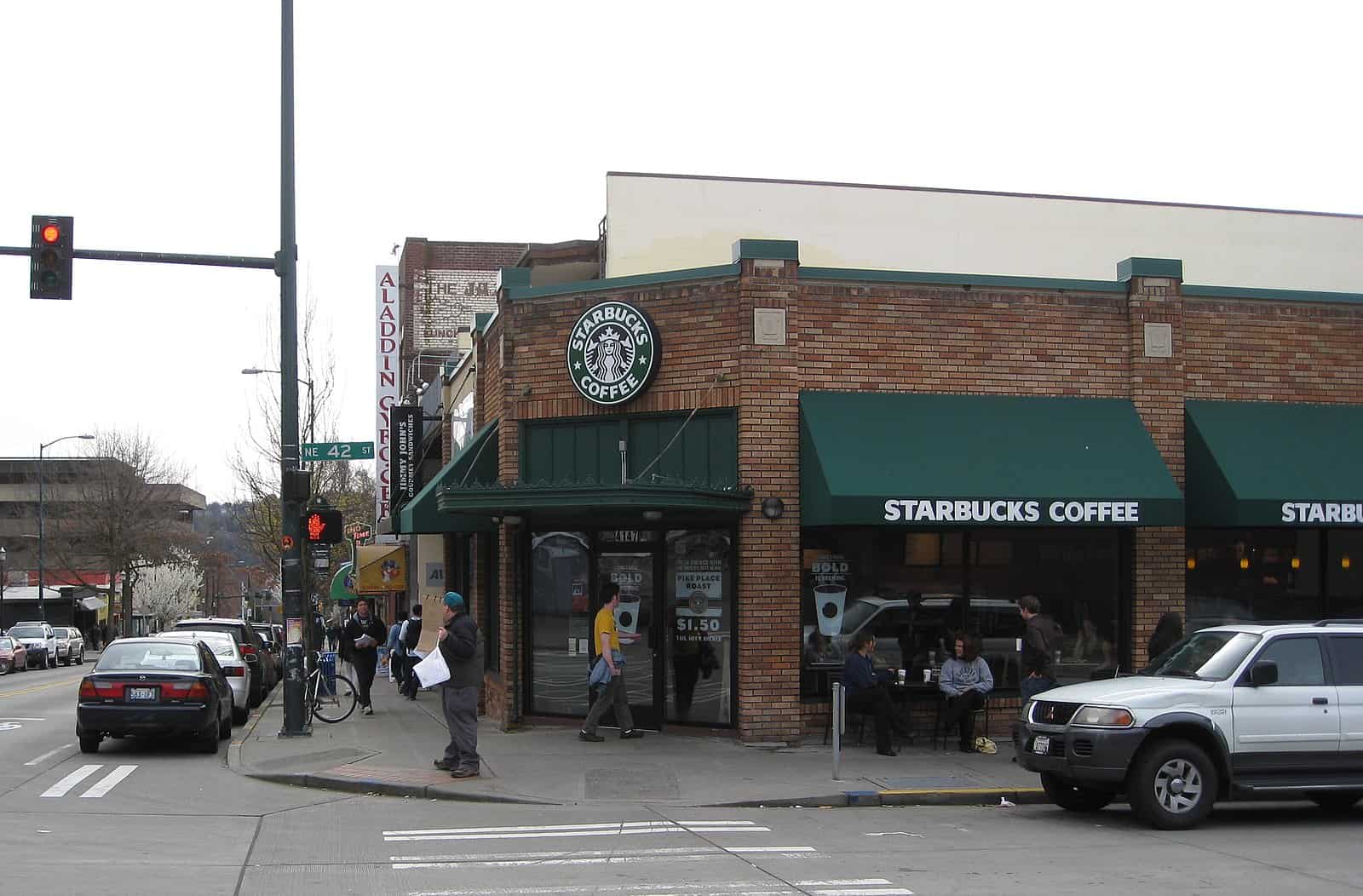
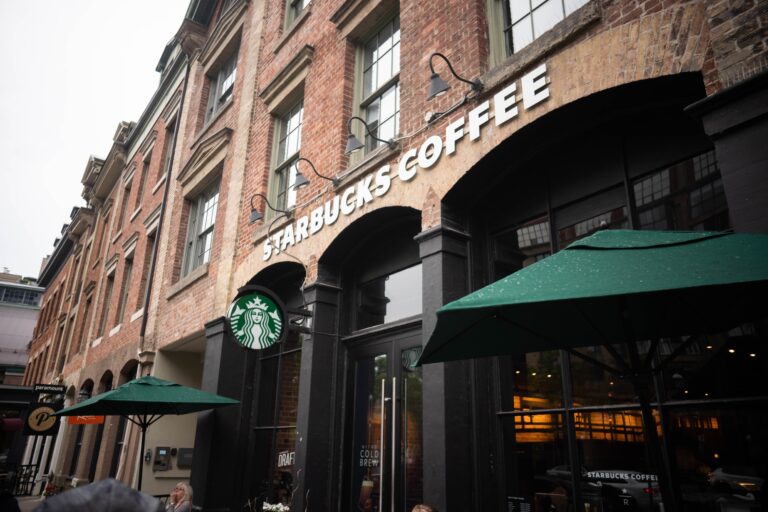
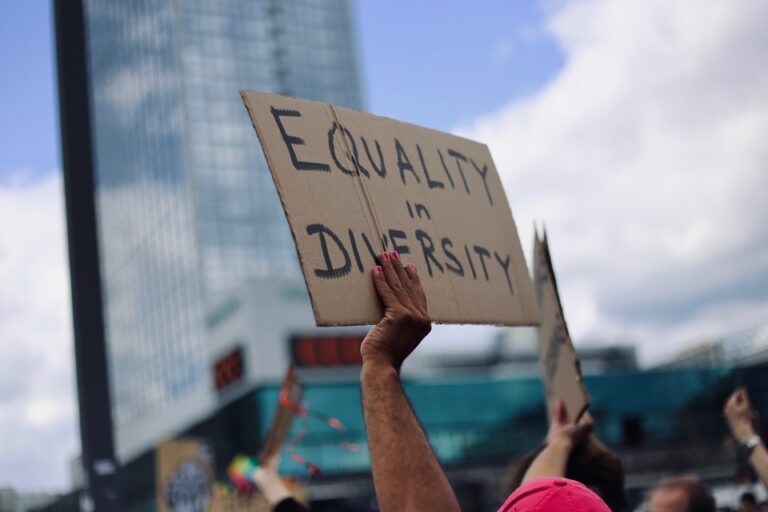
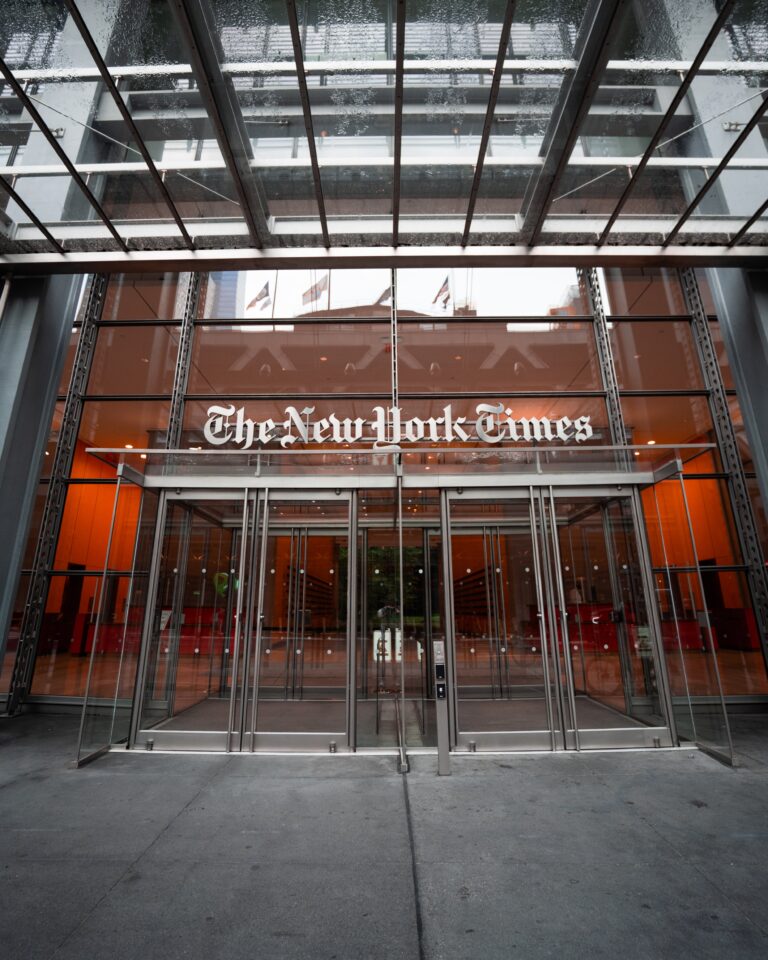
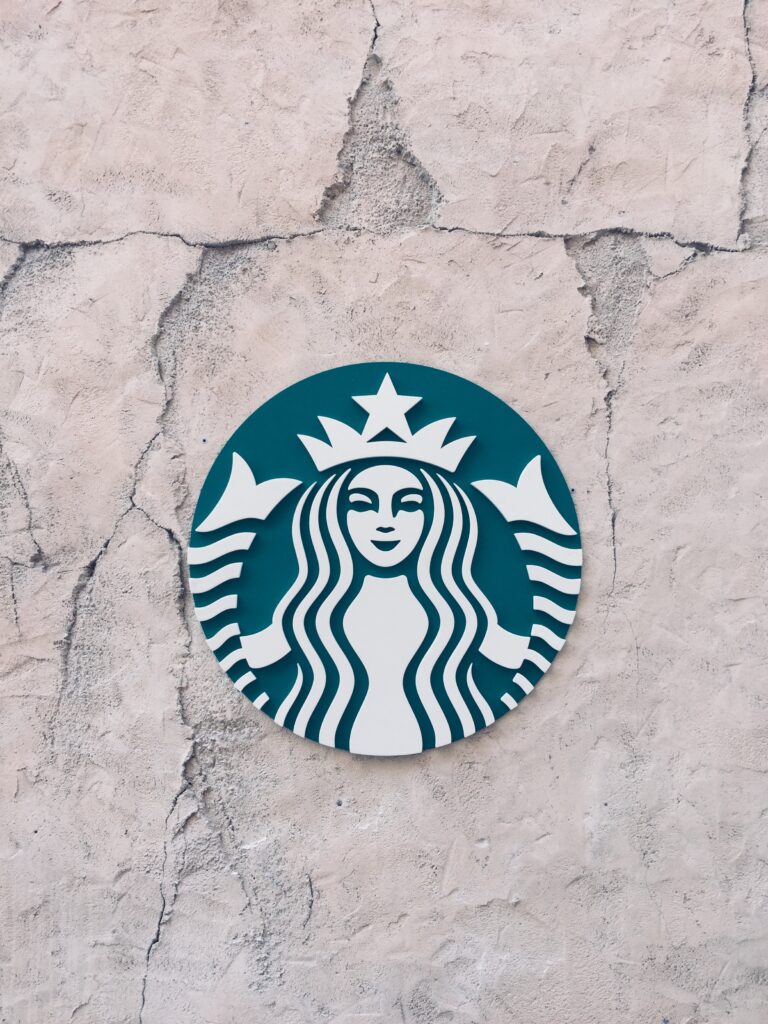





Daily News & Commentary
Start your day with our roundup of the latest labor developments. See all
December 13
In today’s News & Commentary, the Senate cleared the way for the GOP to take control of the NLRB next year, and the NLRB classifies “Love is Blind” TV contestants as employees. The Senate halted President Biden’s renomination of National Labor Relations Board Chair Lauren McFerran on Wednesday. McFerran’s nomination failed 49-50, with independents Joe […]
December 11
In today’s News and Commentary, Biden’s NLRB pick heads to Senate vote, DOL settles a farmworker lawsuit, and a federal judge blocks Albertsons-Kroger merger. Democrats have moved to expedite re-confirmation proceedings for NLRB Chair Lauren McFerran, which would grant her another five years on the Board. If the Democrats succeed in finding 50 Senate votes […]
December 10
In today’s News and Commentary, advocacy groups lay out demands for Lori Chavez-DeRemer at DOL, a German union leader calls for ending the country’s debt brake, Teamsters give Amazon a deadline to agree to bargaining dates, and graduates of coding bootcamps face a labor market reshaped by the rise of AI. Worker advocacy groups have […]
December 9
Teamsters file charges against Costco; a sanitation contractor is fined child labor law violations, and workers give VW an ultimatum ahead of the latest negotiation attempts
December 8
Massachusetts rideshare drivers prepare to unionize; Starbucks and Nestlé supply chains use child labor, report says.
December 6
In today’s news and commentary, DOL attempts to abolish subminimum wage for workers with disabilities, AFGE reaches remote work agreement with SSA, and George Washington University resident doctors vote to strike. This week, the Department of Labor proposed a rule to abolish the Fair Labor Standards Act’s Section 14(c) program, which allows employers to pay […]